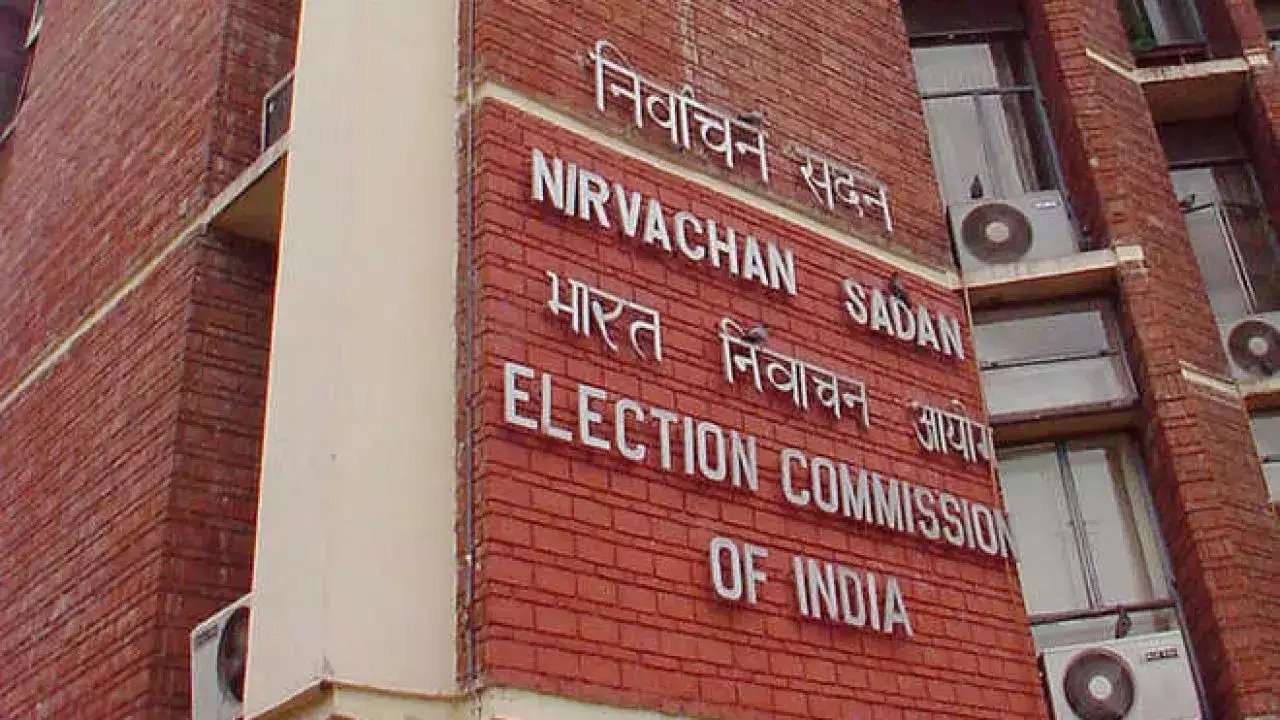The Election Commission of India (ECI) on 29 December said it has developed a prototype of a new kind of electronic voting machine that can help migrant workers within the country to vote remotely in their home constituency, thus saving them the hassle of traveling for it.
“Election Commission of India (ECI) has developed a prototype Multi-Constituency Remote Electronic Voting Machine (RVM) which can handle multiple constituencies from a single remote polling booth. So, migrant voters need not travel back to their home states to vote,” the ECI stated.
The Multi-Constituency-RVM prototype will be a standalone machine with no internet connectivity. This modified form of EVM can handle up to 72 multiple constituencies from a single remote polling booth.
“The migration-based disenfranchisement is indeed not an option in the age of technological advancement. Voter turnout in General Elections 2019 was 67.4% and the Election Commission of India is concerned about the issue of over 30 crore electors not exercising their franchise,” the commission said in a press release.
“It is understood that there are multifarious reasons for a voter not opting to register in a new place of residence, thus missing out on exercising the right to vote. Inability to vote due to internal migration (domestic migrants) is one of the prominent reasons to be addressed to improve voter turnout and ensure participative elections,” the commission further said.
“ECI team has deliberated at length to find inclusive solutions to facilitate electoral participation of migrants across all socio-economic strata and explored alternative voting methods like two-way physical transit postal ballots, proxy voting, early voting at special Early Voting Centres, one way or two-way electronic transmission of pestal ballots (ETPBS), Internet-based voting system etc,” the commission added.
The Commission has invited all National and State Political Parties on 16 January to demonstrate the functioning of RVM. Based on the feedback received from various stakeholders and the demonstration of the prototype, the Commission will appropriately carry forward the process of implementing the method.














